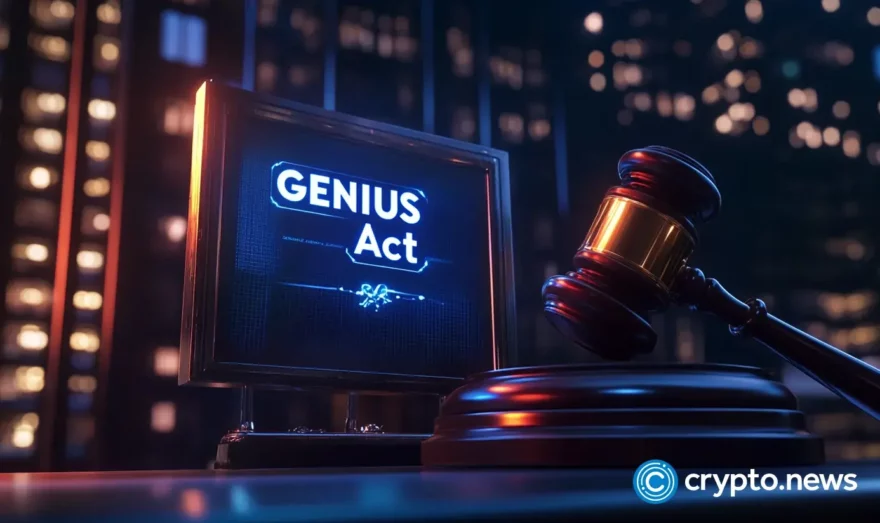New Crypto Oversight Legislation Arrives As the Market Tumbles

After more than a decade of failed and fraudulent activities, cryptocurrencies have finally gotten the attention of Congress. Over the past few years, multiple crashes and scams have affected the industry. In response, members of Congress have presented multiple proposals to regulate the industry.
The Bipartisan Proposal
A bipartisan proposal from Sen. John Boozman and Sen. Debby Stabenow, D-Mich. would give the federal regulators the power to oversee the activities of the cryptocurrency and Ether markets. The two senators are also co-chairs of the Senate Agriculture Committee. Other members of Congress have also presented their proposals to give the SEC the power to regulate the crypto markets.
This year, investors and companies in the cryptocurrency industry have experienced a significant decline in the prices of various digital assets. Bitcoin, for instance, has lost about 70% of its value since it hit its all-time high in November 2021.
Although cryptocurrencies have experienced various crashes before, the crash in 2018 was the most systematic and widespread one. Notably, the bankruptcy of a major hedge fund led to this crash. Regulators allege that other companies in the industry are misleading their customers about the safety of their deposits.
Lawmakers have become frustrated by the lack of regulation and the attempts by the cryptocurrency industry to live out an unregulated world. In 2021, the industry spent almost $9 million lobbying on behalf of its various members. This figure might increase following the multiple proposals that Congress has presented this year.
The Stabenow-Boozman bill
The Stabenow-Boozman bill will give the federal regulators the power to oversee the activities of the cryptocurrency and Ether markets. Unlike the Securities and Exchange Commission, which has a budget of more than $2 billion, the smaller agency, the Commodity Trading Commission, has around 666 employees.
Cory Klippsten, the CEO of Swan Bitcoin, said that the lobbying efforts of the cryptocurrency industry are aimed at getting the SEC to allow other regulators to oversee their activities. Despite his support for Bitcoin, Klippsten is skeptical of the broader cryptocurrency industry. He believes that the various cryptocurrencies produced are nothing more than scams.
One of the biggest supporters of the Stabenow-Boozman bill is Sam Bankman-Fried, a cryptocurrency billionaire who has given millions of dollars to Democratic candidates. In a call with reporters, Congressman John Boozman of Arkansas noted that the industry favors the bill’s giving the federal regulators the power to regulate cryptocurrencies.
The bill would also give federal regulators the power to oversee the activities of cryptocurrencies. However, it would leave the authority for the SEC to regulate certain types of products, such as non-fungible tokens.
Despite the various crashes in the cryptocurrency industry, consumer research firm National Research Group noted that people are still interested in investing in cryptos. According to analysts and researchers such as Marlon Cumberbatch, the crashes are not the end of the world for cryptocurrencies. He said that people are still interested in them due to their potential to perform well in the future.
More are Seeking Proposal Approval for Regulation
Various proposals from Congress are also trying to address the problems encountered in the cryptocurrency industry. In April, Senator Pat Toomey of Pennsylvania introduced a bill allowing federal regulators to regulate stablecoins. Since they have experienced massive losses this year, the legislation introduced by the senator would allow the government to establish a framework for regulating these types of products.
In June, two members of the Senate, Senator Gillibrand of New York and Senator Lummis of Wyoming, also introduced a bill that aimed at regulating the activities of cryptocurrencies. The bill proposed various regulations allowing the IRS to recognize and implement the legal definitions of cryptocurrencies. The agency also required guidance on accepting charitable contributions and merchant transactions.
















